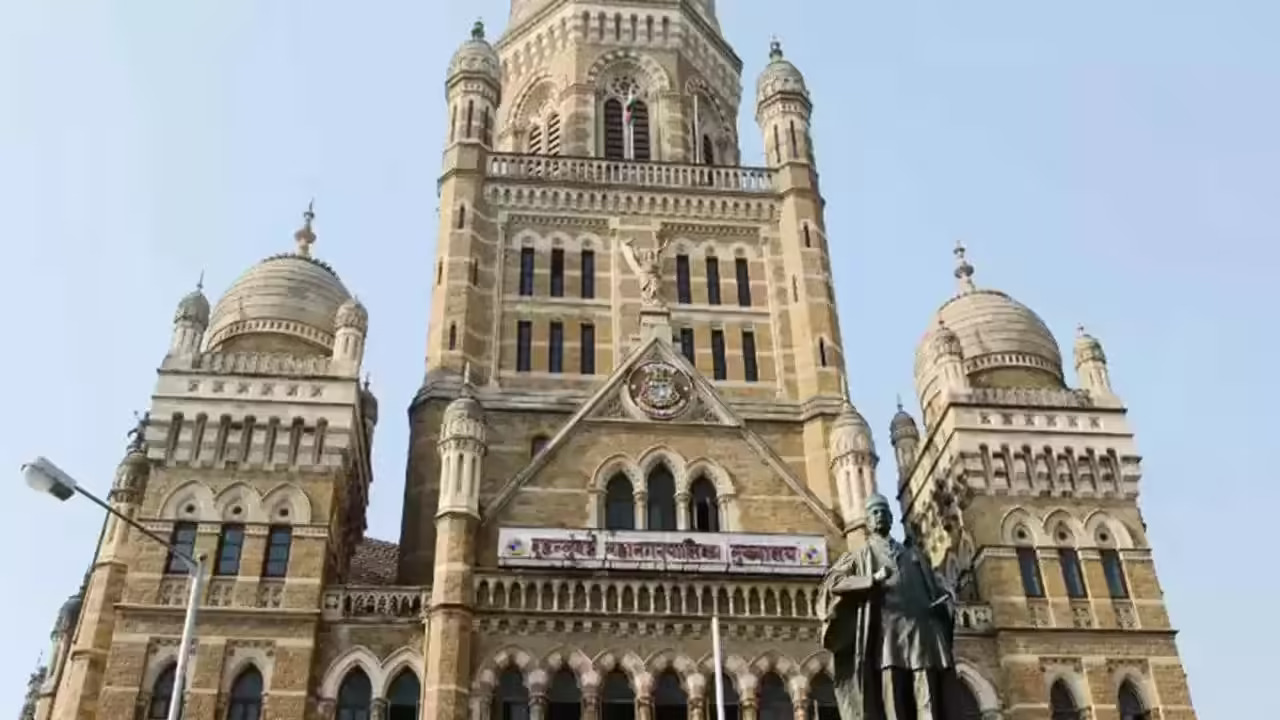The Brihanmumbai Municipal Corporation’s (BMC) G/North ward office has ignited a critical debate surrounding transparency and citizen’s rights in public governance. Despite clear precedents set by the Bombay High Court and a circular from the Mumbai Police, a notice outside the Assistant Municipal Commissioner Vinayak Vispute’s chamber instructs citizens to power down their mobile phones and recording devices before entry.
This move, which threatens device seizure and punitive action for non-compliance, directly contradicts established legal frameworks designed to promote accountability and access within government institutions. The contentious notice came to light through the efforts of the social organisation Chakachak Dadar, which shared a photograph of the unexpected directive. The essence of the notice is that recording photographs or videos without explicit written permission is prohibited within the ward office. This stance, however, stands in stark opposition to a long-standing Bombay High Court order and a Mumbai Police circular that unequivocally permit citizens to record interactions within government offices. These legal provisions are cornerstones of a progressive democracy, empowering citizens to document public service delivery and ensure transparency, which is vital for building equitable and sustainable urban environments.
The right to record public servants performing their duties is deeply rooted in Article 19(1)(a) of the Indian Constitution, which guarantees freedom of speech and expression. This fundamental right has been interpreted by various courts to include the right to receive and impart information, making documentation of public interactions a legitimate exercise of this freedom. Such recordings serve as crucial evidence in cases of misconduct or procedural irregularities, fostering accountability and reducing the scope for arbitrary actions by public officials. For a city like Mumbai, striving for greater transparency and citizen participation in its civic administration, such restrictions on recording are a regressive step. They undermine the very principles of open governance that are essential for developing a truly inclusive and citizen-centric urban fabric.
Critics argue that such notices create an opaque environment, potentially hindering the redressal of grievances and discouraging citizens from reporting malpractices. In a city grappling with complex urban challenges – from infrastructure development to public health initiatives – citizen oversight is paramount. The ability to record official interactions without fear of reprisal acts as a deterrent against corruption and inefficiency, contributing to a more responsive and ethical administration. Preventing recordings could inadvertently create an environment where decisions are made and services are rendered without adequate public scrutiny, potentially impacting the welfare of all citizens, particularly vulnerable communities.
Furthermore, the threat of seizing mobile devices and taking action against citizens found recording without permission is a significant overreach. Legal experts affirm that public officials cannot arbitrarily confiscate personal devices or delete content without due process, which typically requires a warrant or specific legal justification during an investigation. Unlawful seizure of devices or deletion of content can amount to a violation of the fundamental right to privacy under Article 21 of the Constitution, as upheld by the Supreme Court. This heavy-handed approach could foster mistrust between citizens and the civic body, creating an adversarial relationship rather than one of collaborative development towards a greener, more equitable Mumbai.
The BMC, as a vital organ of urban governance, has a responsibility to uphold the spirit of transparency and accountability. Instead of issuing restrictive notices, the civic body should actively facilitate mechanisms that enable citizens to engage with their administration openly. This includes ensuring that its officers are aware of and comply with existing legal directives regarding public recording. Embracing technology to enhance transparency, rather than suppressing it, would align the BMC with the vision of creating smart, sustainable, and citizen-friendly cities. Ultimately, the resolution of this issue will not only affirm citizens’ rights but also redefine the relationship between the governed and the government in Mumbai, paving the way for a more participatory and just urban future.
Also Read: Mumbai nodal MMRDA leads Dharavi multi modal transit hub overhaul


